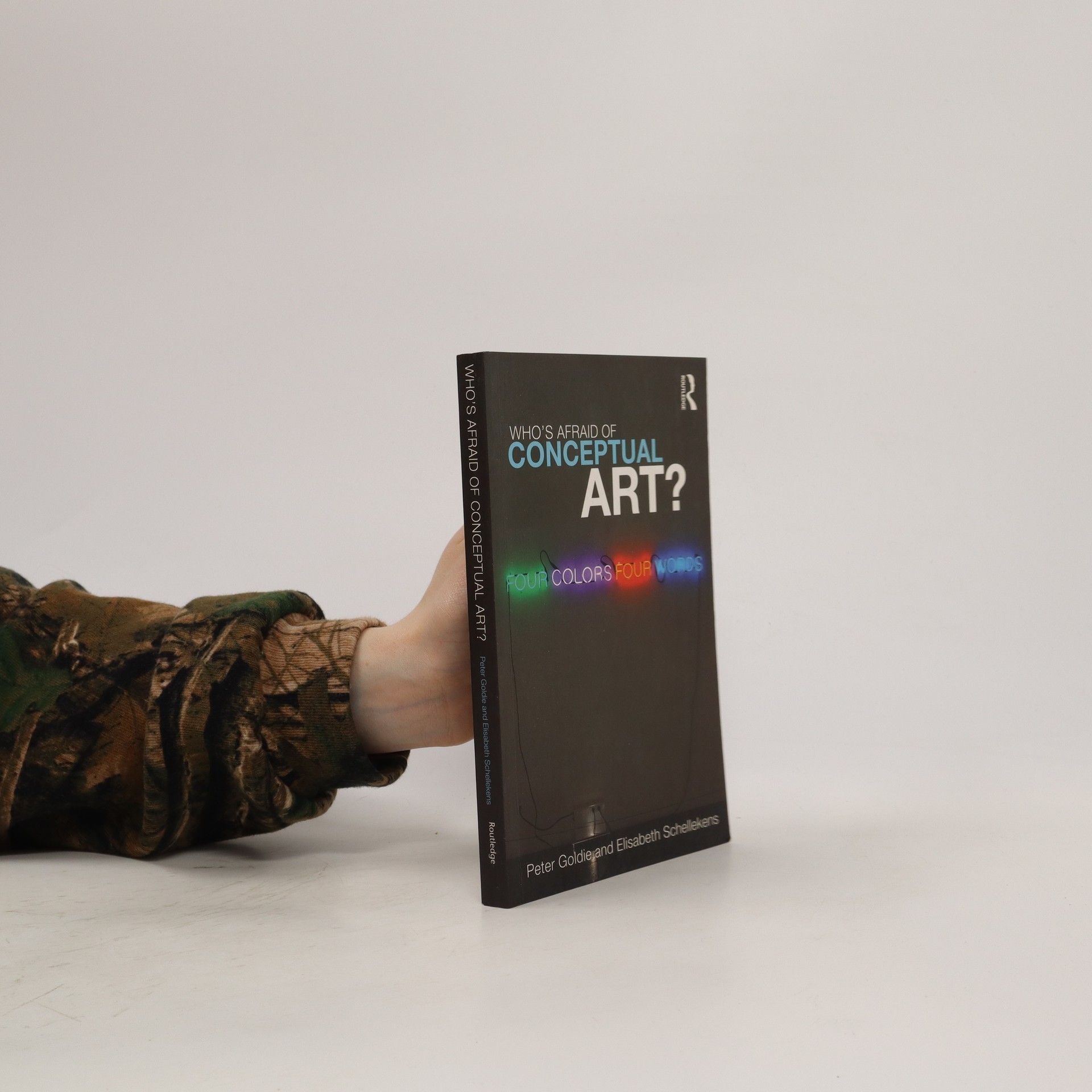Who's afraid of conceptual art?
- 160pages
- 6 heures de lecture
Who's Afraid of Conceptual Art? is a clear and lively introduction to philosophy art and aesthetics though the compelling, challenging, and often perplexing practice of conceptual art.

Who's Afraid of Conceptual Art? is a clear and lively introduction to philosophy art and aesthetics though the compelling, challenging, and often perplexing practice of conceptual art.